What is Gluten?
Gluten is a protein composite found in certain grains,primarily wheat, barley, and rye, as well as their derivatives. It plays acrucial role in giving elasticity and structure to dough, which is importantfor the texture of many baked goods. Gluten is formed when two proteins,gliadin and gluten in, combine with water during the process of kneading ormixing dough. This results in the formation of a network of proteins that givesbread and other baked products their characteristic chewy and elastic texture.
Foods That Contain Gluten -
Gluten is commonly found in a variety of foods,including:
1.Breads and baked goods: Bread, rolls, bagels, pastries, andcakes made from wheat flour.
2.Pasta: Noodles and pasta products made from wheat.
3.Cereals: Many breakfast cereals contain wheat or barley.
4.Processed foods: Some processed foods may contain glutenas a binding or thickening agent.
5.Sauces and condiments: Some sauces, gravies, and saladdressings may contain gluten.
For most people, gluten is a harmless and integralpart of their diet. However, some individuals have gluten-related disordersthat necessitate avoiding gluten consumption. These disorders include celiacdisease, non-celiac gluten sensitivity, and wheat allergy. In these cases,consuming gluten can lead to a range of adverse health effects, from digestiveissues and malabsorption of nutrients to allergic reactions and autoimmuneresponses.
It's important to note that gluten-free diets are onlynecessary for individuals with diagnosed gluten-related disorders. For thegeneral population, there is no need to avoid gluten unless advised by amedical professional.
Health Damage Using Gluten –
Gluten can potentially damage the health ofindividuals who have certain gluten-related disorders, such as celiac disease,non-celiac gluten sensitivity, or wheat allergy. In these cases, consuminggluten can lead to various adverse effects on the body. Here's how gluten candamage health in these specific conditions:
1. **Celiac Disease**: Celiac disease is an autoimmunedisorder in which the ingestion of gluten triggers an immune response thatdamages the lining of the small intestine. This damage, known as villousatrophy, impairs the intestine's ability to absorb nutrients, leading to arange of health problems, including:
-Malabsorption: Nutrientdeficiencies can result in conditions like anemia, osteoporosis, and vitamindeficiencies.
- Gastrointestinal Symptoms: Glutenconsumption can cause gastrointestinal symptoms such as bloating, diarrhea,abdominal pain, and constipation.
- Skin Issues:Celiac disease is associated with dermatitis herpetiformis, a skin rashcharacterized by blisters and itching.
- Neurological Symptoms:Some individuals may experience neurological symptoms like headaches, peripheralneuropathy, and cognitive impairment.
- Increased Risk of Other Disorders:Untreated celiac disease can lead to an increased risk of other autoimmunedisorders and certain types of cancer.
2. **Non-Celiac Gluten Sensitivity**: Some individuals experiencesymptoms similar to those of celiac disease when they consume gluten, but theydo not have the same autoimmune response or intestinal damage. The exactmechanisms of non-celiac gluten sensitivity are not well understood, butsymptoms can include:
- Gastrointestinal Distress:Bloating, abdominal pain, and irregular bowel movements.
- Fatigue: Generalizedfatigue and tiredness.
- Headaches:Recurrent headaches or migraines.
- Joint Pain: Musculoskeletal pain andjoint discomfort.
- Mood Changes:Mood swings, irritability, and depression.
3. **Wheat Allergy**: Wheat allergy is anallergic reaction to proteins found in wheat, including gluten. Consuminggluten for individuals with wheat allergies can lead to allergic reactions,which can range from mild symptoms like hives or nasal congestion to severereactions like difficulty breathing or anaphylaxis.
It's important to emphasize that for the vast majorityof people who do not have these gluten-related disorders, consuming gluten isnot damaging to health. In fact, whole grains containing gluten, such as wholewheat, can provide essential nutrients and fiber as part of a balanced diet. Ifyou suspect you have a gluten-related disorder, it's important to consult ahealthcare professional for proper diagnosis and guidance. For those with confirmedconditions, adhering to a gluten-free diet is crucial to managing their healthand preventing further damage.
What is Gluten Free?
"Gluten-free" refers to foods that do notcontain gluten, a protein found in wheat, barley, rye, and their derivatives.This is of particular importance for individuals with celiac disease,non-celiac gluten sensitivity, or wheat allergies, as consuming gluten can leadto adverse health effects for them. However, for people without theseconditions, a gluten-free diet is not necessary and may not necessarily lead toweight loss.

How To Find Which Product Is Gluten Free?
To find gluten-free foods and make informed dietarychoices, follow these steps:
1.**Read Labels**: Look for products labeled as"gluten-free" on their packaging. Manufacturers are required to labelproducts accurately for allergens, including gluten.
2.**Check Ingredient Lists**: Avoid foods with ingredients likewheat, barley, rye, and their derivatives, as well as any variations of thesegrains.
3.**Naturally Gluten-Free Foods**: Many whole foods arenaturally gluten-free and include fruits, vegetables, lean meats, fish,poultry, eggs, legumes, nuts, seeds, and most dairy products.
4.**Gluten-Free Grains**: Opt for gluten-free grains likerice, quinoa, corn, oats (labeled gluten-free), millet, buckwheat, and amaranth.
5.**Gluten-Free Flours**: Experiment with flours like almondflour, coconut flour, chickpea flour, and gluten-free blends for baking.
6.**Processed Foods**: Be cautious with processed and packagedfoods, as they may contain hidden sources of gluten. Always check labels.
7.**Cross-Contamination**: When preparing gluten-free foods,prevent cross-contamination by using separate utensils, cutting boards, andcooking surfaces.
As for weight loss, simply following a gluten-freediet is not a guaranteed method for shedding pounds. The primary reason somepeople experience weight loss on a gluten-free diet is due to the reduction inoverall calorie intake and the avoidance of certain high-calorie,gluten-containing foods like pastries, cakes, and fried items. However, it'simportant to note that many gluten-free packaged foods are often highlyprocessed and may have added sugars and unhealthy fats, which can hinder weightloss efforts.
How Gluten Free Foods Help in Weight Loss?
1.**Focus on Whole Foods**: Emphasize fresh fruits, vegetables,lean proteins, and gluten-free whole grains to create balanced, nutrient-richmeals.
2.**Control Portions**: Pay attention to portion sizes to avoidovereating, as even gluten-free foods can contribute to excess calorie intake.
3.**Limit Processed Foods**: Minimize consumption of gluten-freeprocessed snacks, sugary foods, and refined grains.
4.**Stay Hydrated**: Drink plenty of water to help controlappetite and support overall health.
5.**Physical Activity**: Incorporate regular exercise intoyour routine to aid in weight loss and improve overall fitness.
6.**Consult a Professional**: If you're considering a gluten-freediet for weight loss, consult a registered dietitian or healthcare provider toensure you're making healthy choices and meeting your nutritional needs.

Examples of Gluten-Free Foods that can support weight loss include:
1. Fresh fruits and vegetables
2. Lean proteins: Chicken, turkey, fish, tofu, legumes
3. Quinoa
4. Brown rice
5. Sweet potatoes
6. Greek yogurt (plain, unsweetened)
7. Nuts and seeds
8. Eggs
9. Oats (labeled gluten-free)
10. Lentils
Remember that the key to successful weight loss isadopting a balanced and sustainable approach that includes a variety ofnutrient-rich foods and regular physical activity.



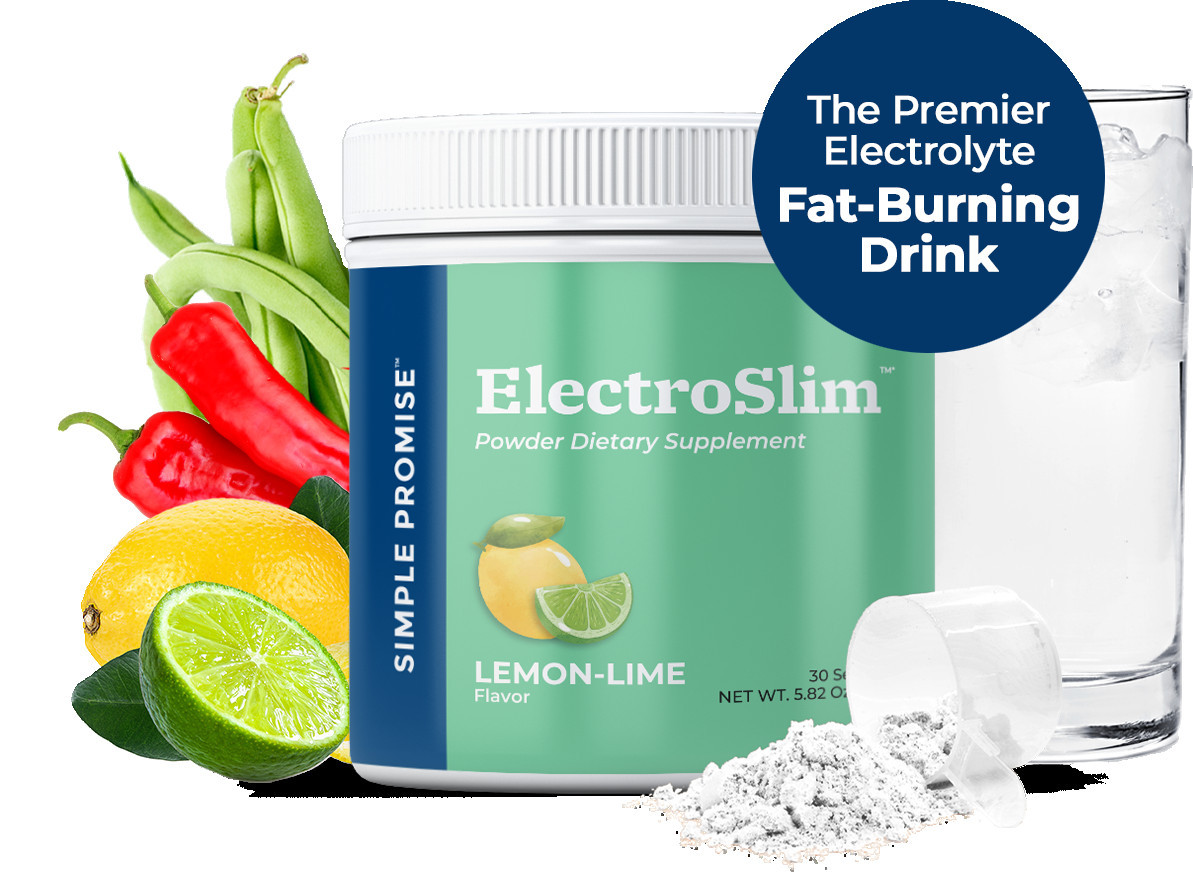

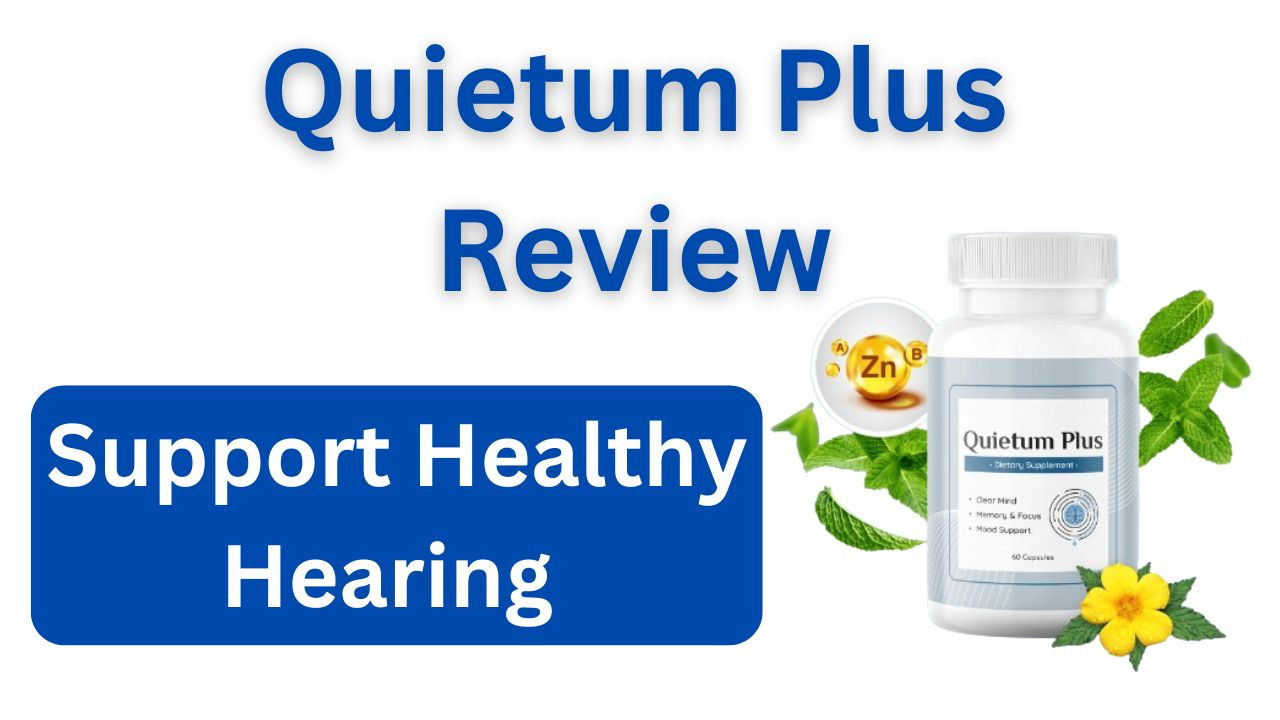

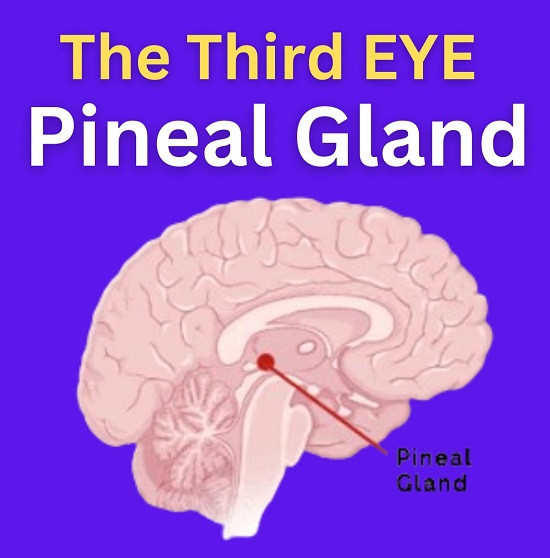
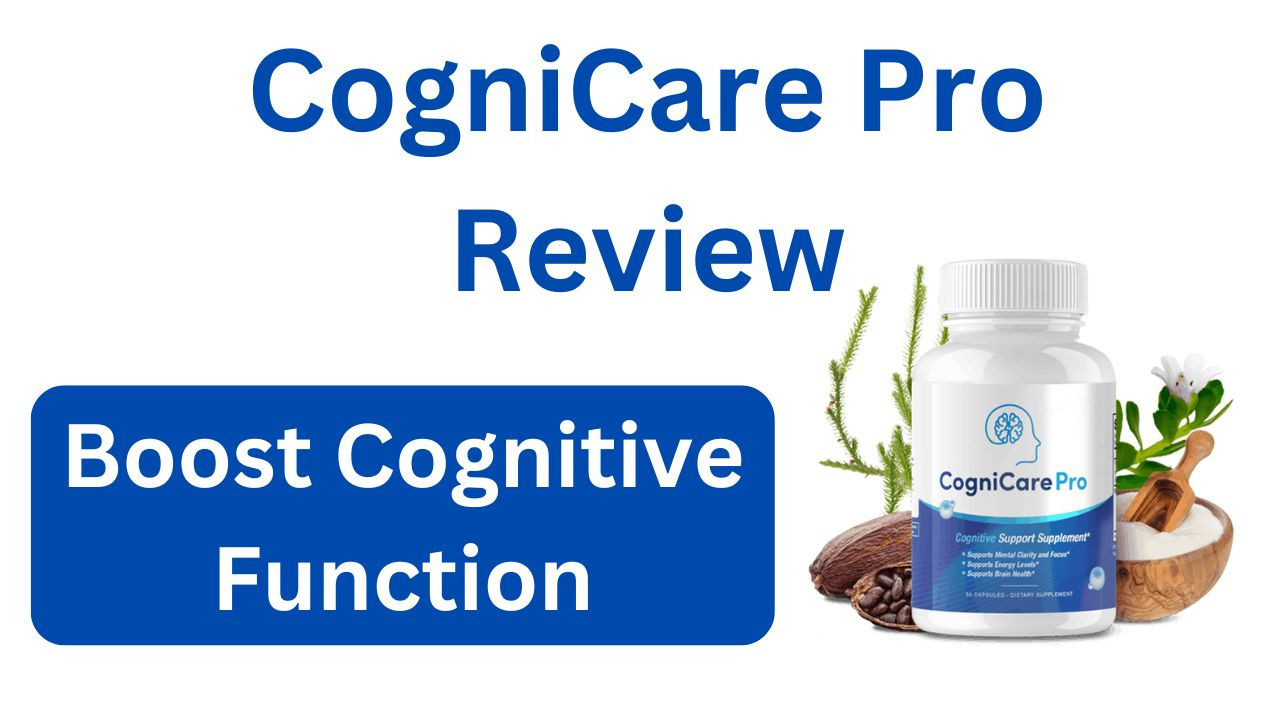
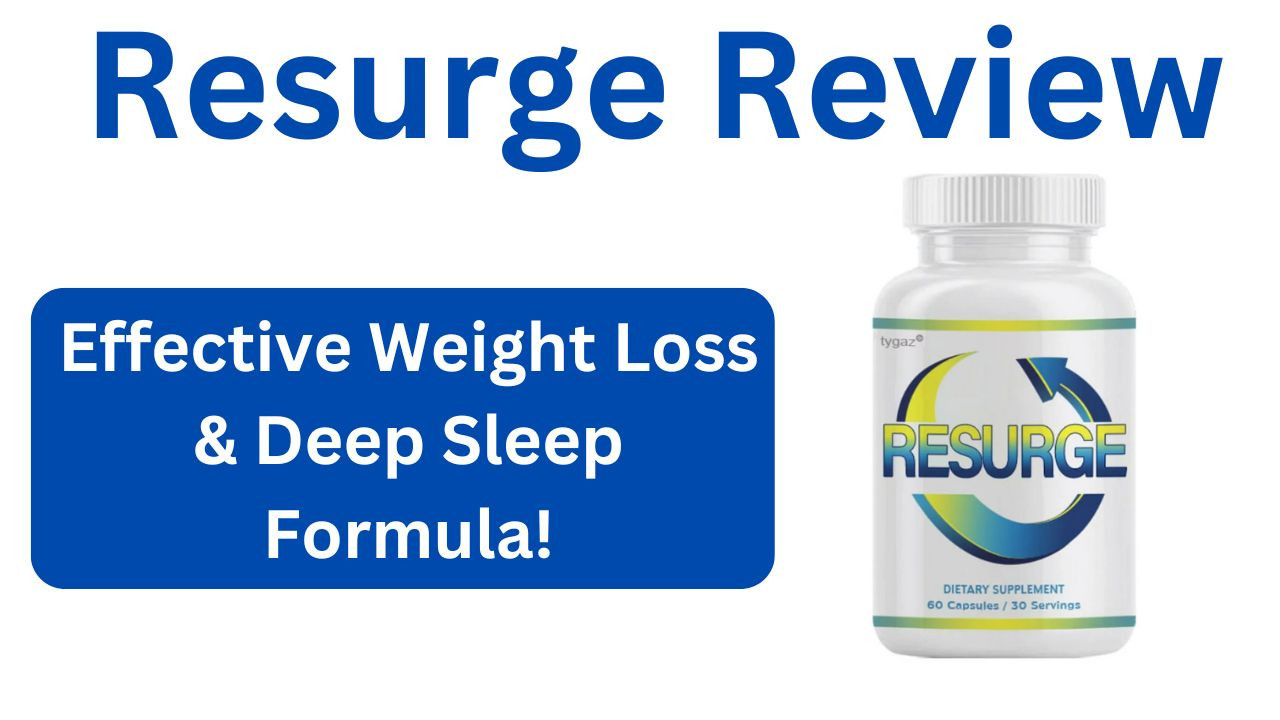


Facebook Conversations